Tag: Denmark
-
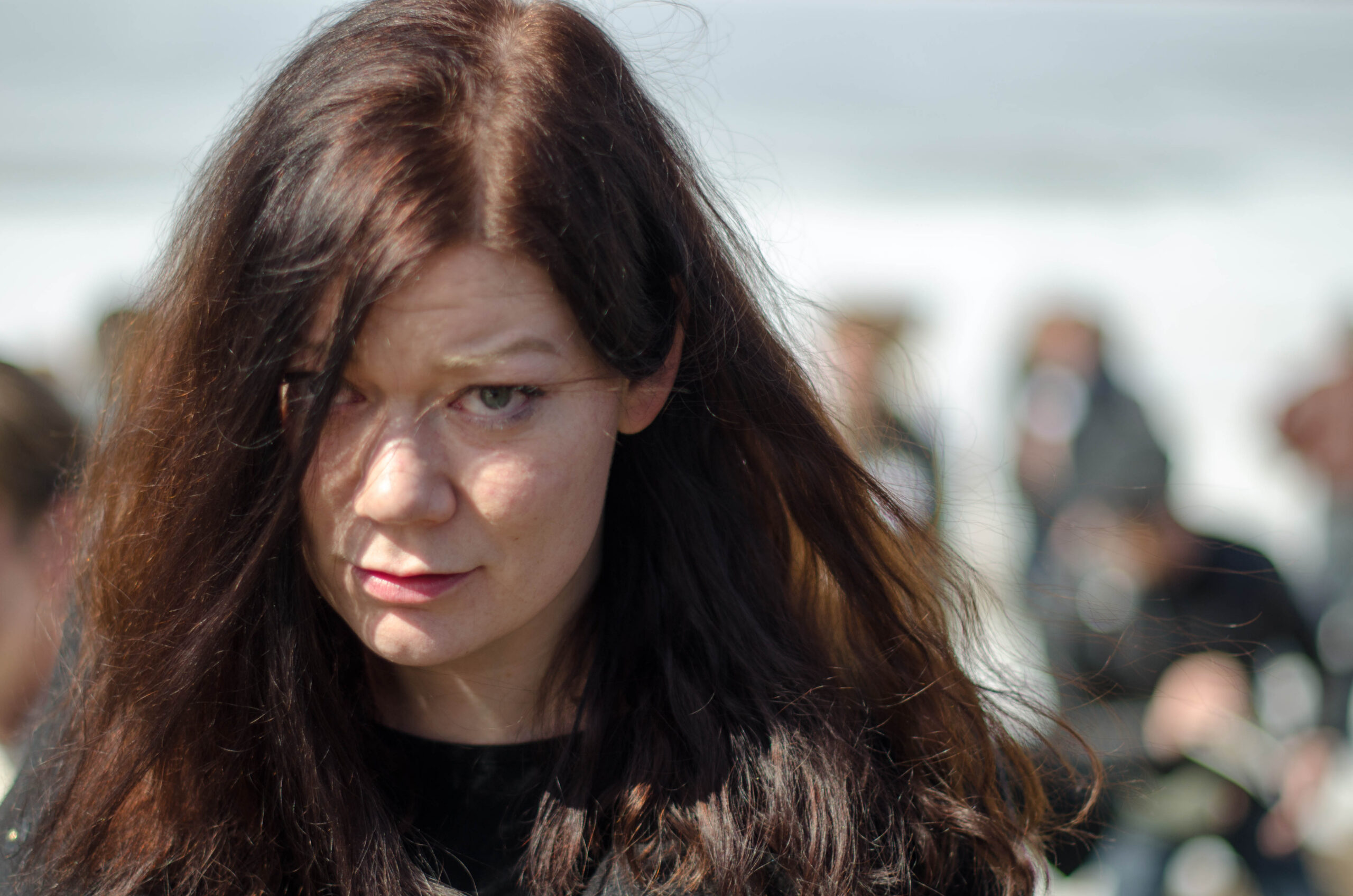
A Beginner’s Guide to Handling the Knudeblues
in
A beginner’s guide to handling the Knudeblues, the emotional drop felt after larp cons such as Knudepunkt. This text gives you tips to help you land.
-
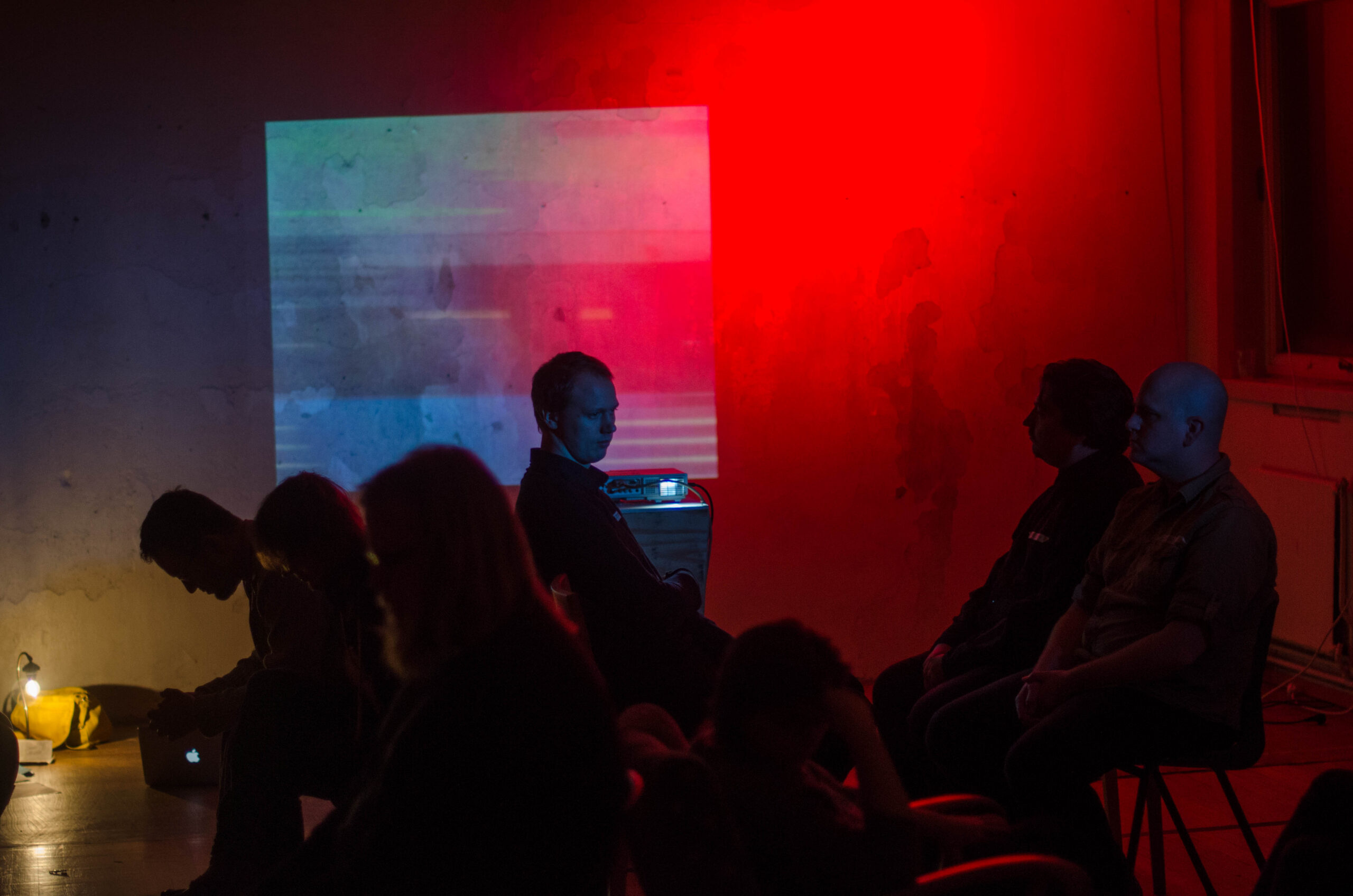
The Law of Jante in Nordic Role-playing
in
The good roleplayers exist, but is our naive egalitarianism scaring them away? A Danish writer, teacher and game designer takes a closer look.
-

Fastaval 2014 Sign Up Open
in
Sign-up for Danish roleplaying and larp festival Fastaval has now opened. Check it out on their website: http://www.fastaval.dk/tilmelding/?lang=en
-

Change is Coming
in
We are rebooting Nordiclarp.org as an online magazine. Instead of only linking to other websites we will produce original content as well as republishing interesting and important texts from the past or other sources. The wiki will remain in its current form, although we are looking into reducing the threshold to start contributing. We are
-

Larpwriters Winter Retreat 2014
in
Bjarke Pedersen is organizing a retreat for experienced larpwrights to exchange experiences and ideas about larp theory. He has this to say about it: It came to me: If I could gather some of the brightest minds of larp for a weekend of talks, we might all leave the retreat better at understanding our craft,
-
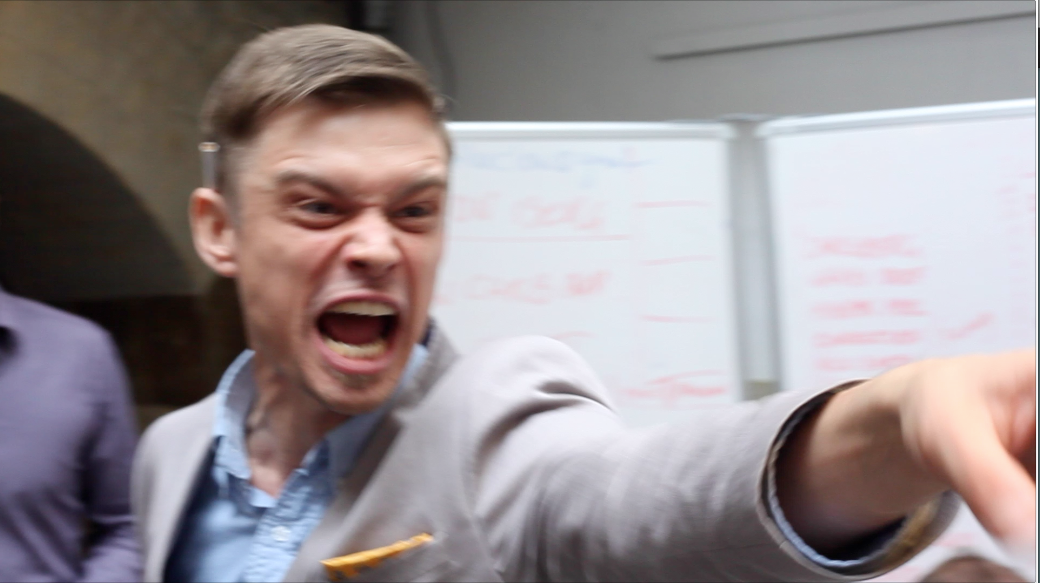
PanoptiCorp 2013 Mini Documentary
UK based video production company Cosmic Joke has produced a mini documentary about the Danish 2013 re-run of the Norwegian 2003 larp PanoptiCorp. Here is what they had to say about the video: PanoptiCorp is originally a Nordic larp from 2003, which was re-imagined in 2013 in Copenhagen, Denmark. It’s a satirical larp about an
-
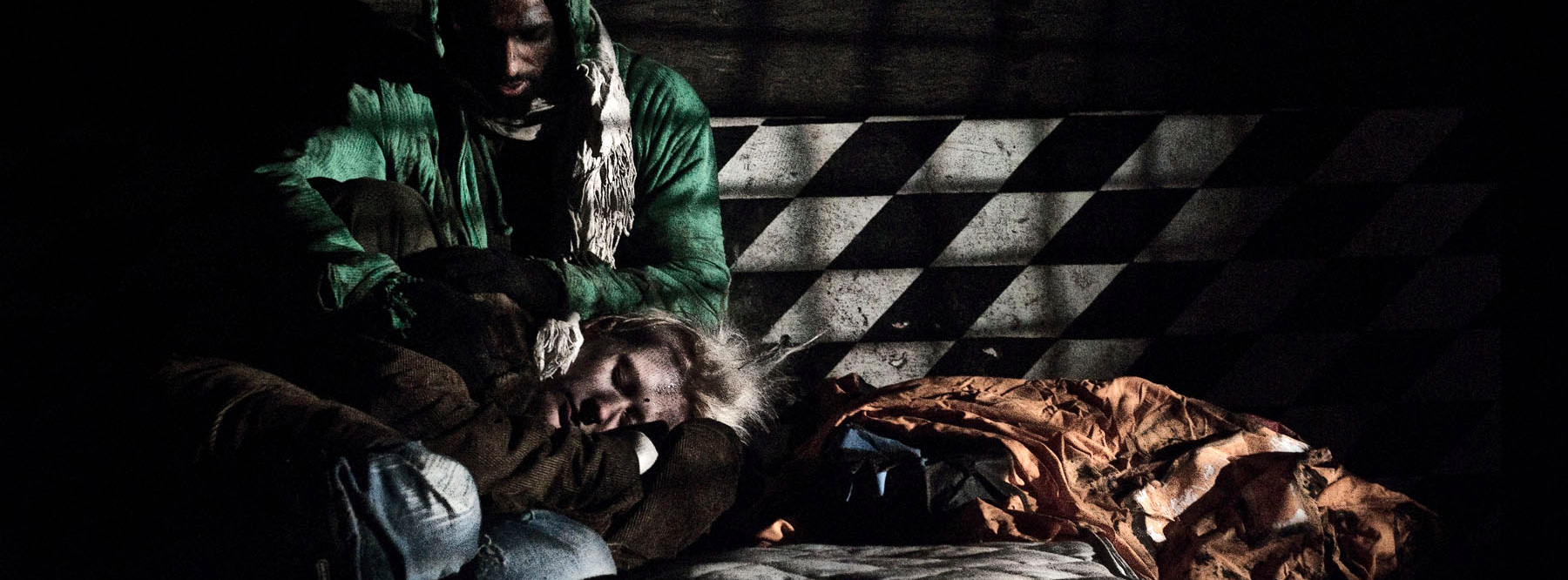
Kapo Documentary
A documentary about the Danish 2011 larp Kapo has been released on Youtube. This is what the author has to say about it: The larp KAPO was held in Copenhagen in 2011. It was a larp about dehumanization, camps and values. This is the video documenting the project. It is made by Edith Tvede.
-

Prolarp 2013 – “Solving Problems” – Sign-up open!
in
We’ve written earlier about Prolarp, the proposed conference for larp professionals organized by Danish larp company Rollespilsakademiet. Now you can sign up for the worlds first conference for larp professionals on their website: http://rollespilsakademiet.wix.com/prolarp-2013
-
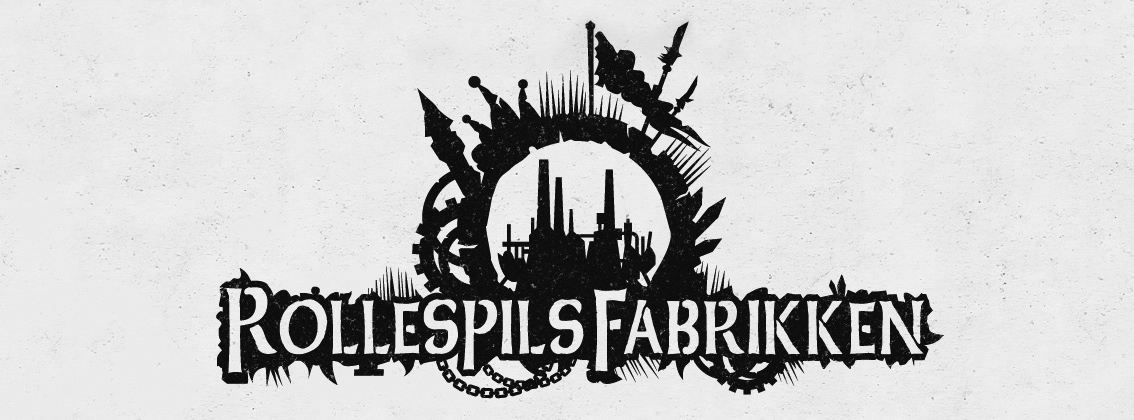
The Adventure of a 1001 Cultures – A Mythological Larp at Superkilen
Rollespilsfabrikken makes, amongst many other things, childrens larps in Denmark. Check out this video about it! It’s in Danish but it has English subtitles. Read more about Rollespilsfabrikken and their many other cool projects on their website: http://rollespilsfabrikken.dk/
-
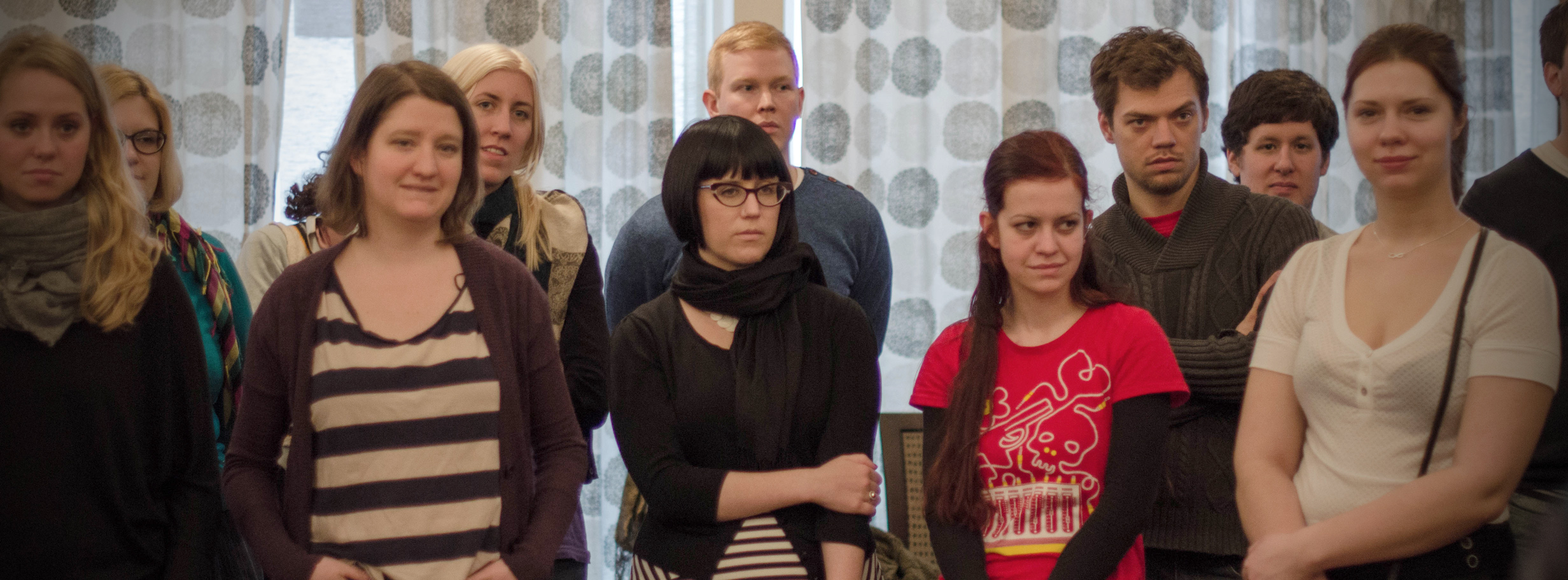
A Week in Norway Recap by Lizzie Stark
American writer and larper Lizzie Stark went to Europe to participate in Fastaval in Denmark and Knutepunkt in Norway. Now you can read her thoughts on the Knutepunkt pre-event A Week in Norway on her blog: http://lizziestark.com/2013/04/26/a-week-in-norway-recap/ You can read her Fastaval 2013 report here: http://lizziestark.com/2013/04/04/fastaval-2013/ Read more about Fastaval & Knutepunkt in the Nordic